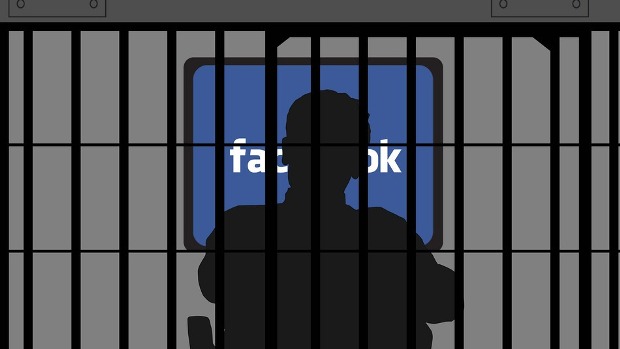COLOMBO – Sri Lanka’s Cabinet of Ministers has approved a proposal to draft legislation to combat false and misleading statements on the internet, the Cabinet office said on Tuesday (20), days after the country’s Justice Minister reiterated the government’s commitment to criminalizing social media posts deemed fake.
The Cabinet has approved a resolution tabled by Justice Minister Ali Sabry and Media Minister Keheliya Rambukwella to advise Sri Lanka’s Legal Draftsman to draft a bill to “protect society from the harm caused by false propaganda on the internet”, a statement from the cabinet office said.
The announcement follows a statement by the Justice Minister on Sunday (18) that the government will go ahead with a previously announced plan to introduce laws styled after Singapore’s Protection from Online Falsehoods and Manipulation Act (POFMA), a controversial piece of legislation that has drawn widespread criticism as a tool to control the media and free speech.
The minister told reporters that there are posts circulating online that paint the country in an unflattering light, constantly referring to Sri Lanka as an unlivable place.
“We won’t allow this to continue,” he said, arguing for the need to introduce a legal regime to contain it.
“The profiles of 15 to 17% of Sri Lanka’s social media activists are fake. It is impossible to take legal action against them no matter what falsehoods they might utter,” he said.
The Cabinet announcement on Tuesday said the spread of false information on the internet poses a serious threat and is seen as being used to divide society, to spread hatred and to weaken democratic institutions.
“Various countries have already taken steps to legislate in order to address this problem. Steps should be taken to provide access to accurate information to citizens and civil society by introducing a new law to protect society from the harm caused by false propaganda on the internet,” it said.
In November last year, Media Minister Rambukwella told a Ministerial Consultative Committee on Mass Media that a regulatory framework for Sri Lankan websites was on the cards.
The committee had reportedly studied Singapore’s controversial Infocomm Media Development Authority Act (IMDA), in addition to POFMA, which critics said will be emulated by Sri Lanka’s proposed regulatory framework in its mandate to curb reporting and content that spread falsehoods and incite racism.
Singapore’s IMDA passed in 2016 is one of the applicable acts to the statutory body responsible for broadcasting and content regulation (irrespective of the transmission medium). It received criticism from various quarters including the International Press Institute over allegations of controlling the media.
Under POFMA, passed in 2018, the Singaporean government can issue a “correction notice” to an individual or organization for online content about a public institution that the authorities deem false or misleading. The government can even amend such content in the name of public interest. According to various international media reports, the law has been accused of targeting civil society activists, NGOs and opposition lawmakers. Allegedly false statements published by media websites in Singapore can, under POFMA, carry hefty fines up to 1 million Singapore dollars (US$ 731,000) and jail sentences of up to 10 years.
-economynext.com


